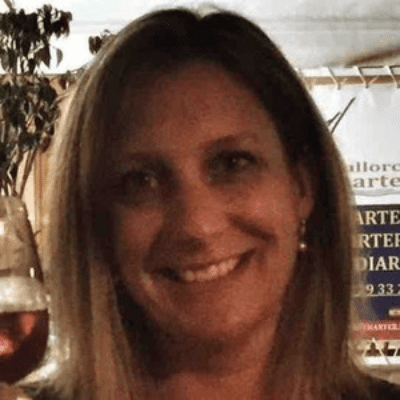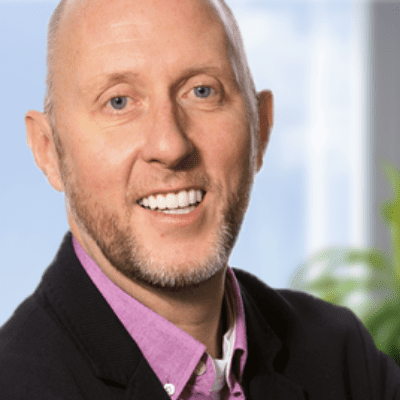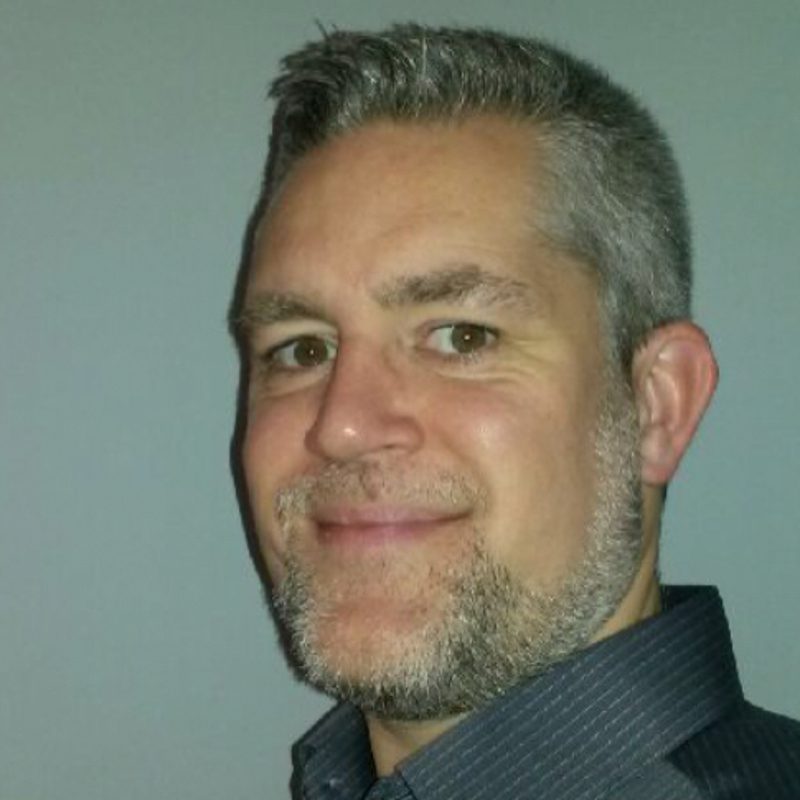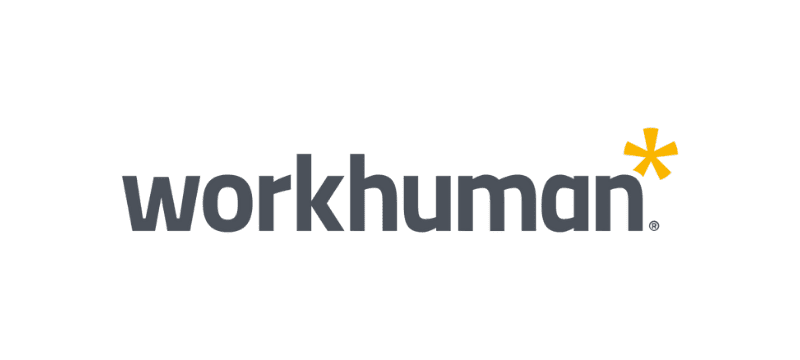Creating a global culture of connection and innovation: AstraZeneca’s story
What are successful HR leaders doing to create positive workplace cultures that foster connection, engagement, and innovation?
Explore the strategy behind AstraZeneca's new recognition program, CatAlyZe, and what they have learned almost a year since implementing it.
Watch our on-demand Webinar discussion to find out more.



In a webinar hosted by UNLEASH and Workhuman, we delved into some key takeaways from AstraZeneca’s story that can help HR leaders to create a culture of connection and spur innovation in their organizations. Claire Whieldon, Global Rewards Programme Director at AstraZeneca, joined Derek Irvine, Senior Vice President of Client Strategy and Consulting at Workhuman, to discuss how they’ve leveraged peer-to-peer recognition to strengthen their culture and encourage innovation.
AstraZeneca, a biopharmaceutical organization at the very forefront of the fight against COVID-19, launched a global program to completely transform how it recognizes, rewards, motivates, and inspires its workforce; a workforce that comprises more than 80,000 employees spanning 100 countries.
Watch this on-demand webinar, to hear discussions on:
- How peer-to-peer recognition strengthens organizational culture across diverse markets and functions
- The impact of frequent recognition on employee productivity and retention
- How AstraZeneca energizes its diverse workforce and drives breakthrough ideas through employee recognition
Introducing AstraZeneca and CatAlyZe
AstraZeneca wanted to implement a global recognition program with a name that everyone within the organization could identify and resonate with. They crowdsourced name ideas from across the organization, and one suggestion, was Catalyze, which really stood apart for them. The meaning of ‘Catalyze’ is to cause or accelerate a chemical reaction by acting as a catalyst, or cause an action or process to begin. And the AstraZeneca team saw this as a perfect fit for what they were trying to do with the new recognition program – to spark things and to create innovation that will also allow individuals to be who they are and remain the same.
The core intention of the program – to create a culture of connection.
Building the Business Case
Claire told the webinar attendees, recognition had always been important to the organization, but they saw a gap in being able to provide a global approach to develop some consistency in the recognition strategy as well as gap for being able to encourage in-the-moment, peer-to-peer celebration.
Their previous approach was sporadic and decentralized, meaning it was difficult to even determine what the company’s spend on recognition was, to be able to create the business case in the first instance. Claire and her team knew that with the new CatAlyZe approach they were presenting, they’d be able to unlock invaluable data-driven insights by having all their recognition data in one place to then be able to understand their return on what they were spending, but also what skills were being recognized and the day-to-day culture of connection within the organization.
For AstraZeneca, they had great senior leadership buy-in from the offset and were able to recruit “Change Maker” ambassadors for the program across the organization, that enabled a change in mindset that brought the recognition program to the local level and improved employee engagement.
Linking Recognition to the Core Values of AstraZeneca
“We have five core values at AstraZeneca” Claire told the audience, “and CatAlyZe gave us the opportunity to really bring these to life…every time someone gets nominated for an award, the person nominating them has to link it back to one of these key values.” By doing this, Claire told us that they have now got great stories to share across the organization that constantly enforce the values of the organization through recognition in a kind of “story tapestry”, as Derek identified.
The interconnection between recognition and the core values at AstraZeneca were further demonstrated by the NLP images that were shared during the webinar of the most commonly used words included in recognition moments which reflected those core values. It’s also a way for employers to identify some of the soft skills that are within the organization and perhaps those that are missing too, to help with strategies for skill development and training programs.
Recognition Delivers Tangible Business Outcomes
Workhuman has around 50 million data points, Derek told the webinar audience, where they can see the impact of recognition and also, the level of recognition. He told the audience that “when you continue to have authentic recognition, then more is the answer.”
Since AstraZeneca’s launch of the CatAlyZe recognition program, they’ve already had over 250,000 recognitions for the great work the employees are doing within the organizations – that’s a recognition moment every 1.1 seconds! Having a way to recognize great work, immediately, has given a real sense of encouragement and push to keep going for their employees at AstraZeneca, Claire told us.
From the audience Q&A section of the webinar, Claire was able to tell the audience about the ease of implementing the CatAlyZe program on a global scale. She also shared that recognition is really easy to give from a mobile or desktop device, in real-time.
Claire and Derek also shared the benefits from the recognition insights that can help broader work in the areas of DE&I – for example, how males use rewards vs. females and how this can impact the bettering of DE&I within the organization.
